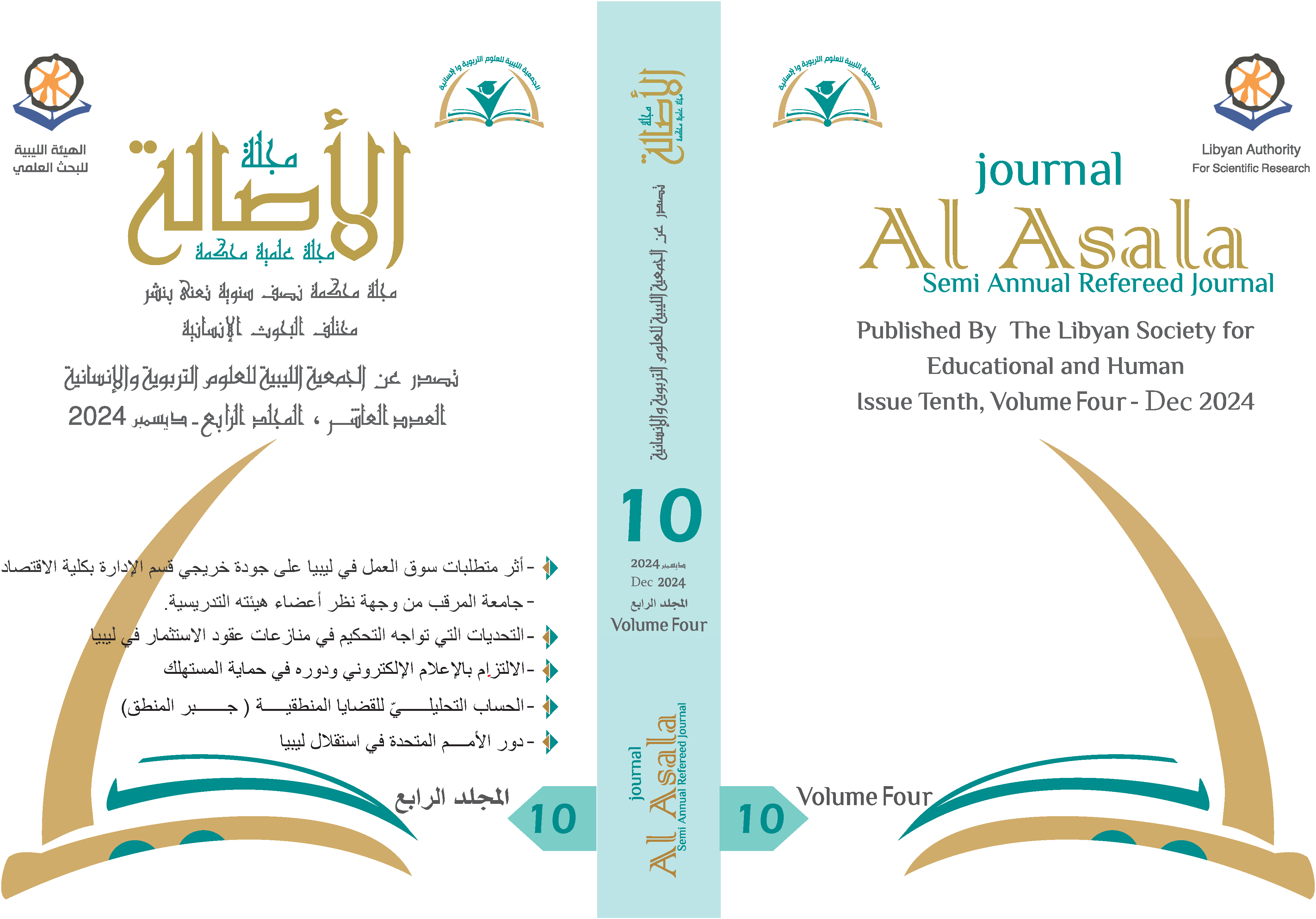Cultural Competence in English Language Teaching: A Systematic Review of Pedagogical Approaches and Outcomes
Contenu principal de l'article
Résumé
Cultural competence has become an increasingly important component of English Language Teaching (ELT), reflecting the importance of students not only being able to develop linguistic skills but also to navigate and understand cultural diversity. This systematic review examines various teaching strategies for cultural competence in ELT and assesses their
effectiveness in enhancing students’ intercultural awareness, sensitivity, and communication skills. The study integrates findings from several types of research, including those that incorporate cultural contexts into language learning, use intercultural communication activities, and apply experiential learning methods such as study abroad programs and virtual exchanges. The study highlights the challenges associated with assessing cultural competence and the need for robust and standardized measures. Additionally, teacher training in cultural competence is crucial for effectively implementing these teaching strategies. This study concludes with recommendations for teachers and policymakers to integrate cultural competence into the ELT curriculum, emphasizing the importance of a holistic approach that integrates language and cultural learning. Future research directions are also suggested, particularly in the areas of in-depth research on the long-term effects of cultural competence training and exploring digital tools to promote intercultural communication in the classroom. Keywords: Cultural competence, Pedagogical Approaches, linguistic skills, intercultural communication, teaching strategies.

